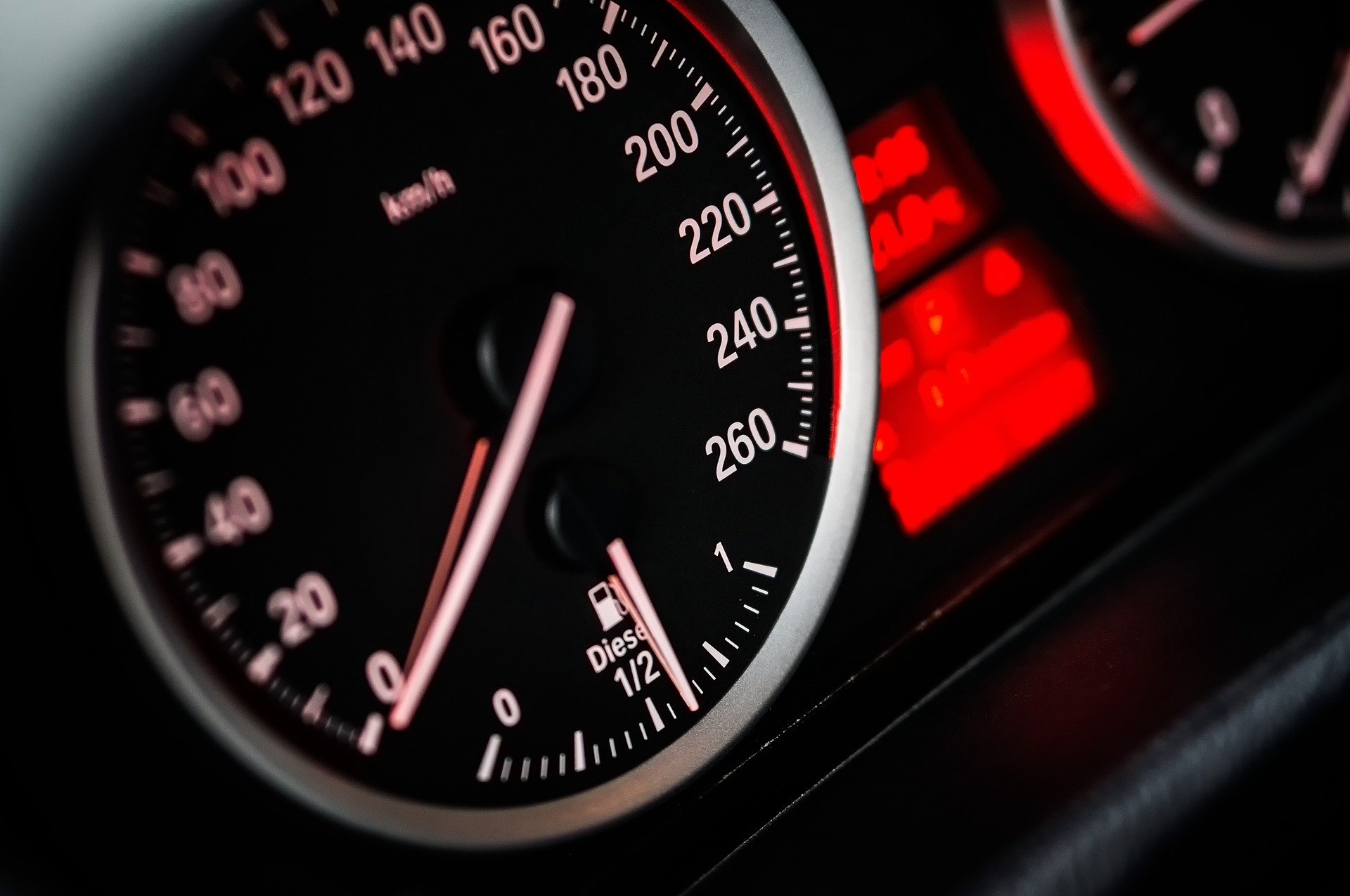
Depending on your employer, you might already be getting a full or partial mileage allowance to help with the costs. If you are not, or if you’re getting less than the AMAP rates, you can claim some tax relief from HMRC as a work mileage tax rebate.
Please note that this does not include travelling to and from your normal place of work unless it’s a temporary place of work.
How much you are eligible to claim is based on two factors:
· A vehicle that you have purchased or leased with your own money.
· A company vehicle that is owned or leased by your employer.
Using your own vehicle for work
If you use your own vehicle(s) for work, you may be able to claim tax relief on the approved mileage rate. This covers the cost of owning and running your vehicle. You cannot claim separately for things like:
· Fuel
· Electric
· Road tax
· MOTs
· Repairs
How do I know if I am eligible for Mileage Allowance?
So, in simple terms to work out how much you can claim for each tax year you will need to:
· keep records of the dates and mileage of your work journeys.
· add up the mileage for each vehicle type you’ve used for work.
· take away any amount your employer pays you towards your costs, (sometimes called a ‘mileage allowance’) You can find a list of the approved mileage rates here.
Please note, you can only claim for business-related travel and not for journeys to and from your normal workplace or your private travel outside work hours. – so, you will need to keep a clear record of all your business only travel to keep it separate from the other times you use your vehicle. You should maintain records of dates, mileage and details of the reasons for all business-related journeys.
What does the mileage allowance cover?
Every employee will receive a standard amount for each mile they travel, which will depend on the tax bracket they are in. The allowance does not consider the age or specs of the vehicle. Therefore, someone who drives a new 7 series BMW will receive the same amount per mile as the driver of a 10-year-old Mini. The amount you receive is calculated on the average cost of running a vehicle. Depending on the car you drive you might receive more through the allowance than it cost you, or you might be unlucky in that your mileage claim will not cover everything.
HMRC definition of Business mileage
Business travel can be defined as any journey that forms part of an employee’s work duties, or any travel that is necessary to travel to a temporary workplace. Generally speaking, business mileage is any mileage that you do whilst doing your job – as opposed to your regular commute, which might be described as just travelling ‘to’ your job. Sometimes it can include the travel you make to a temporary workplace. However, it does not cover the normal travel that you make between your home and your permanent place of work. It also does not cover any private travelling that you do – you will need to ensure that any amounts that you claim for are within HMRC guidelines for eligibility.
What type of jobs do people work in, who apply for Mileage Allowance?
There are many occupations where people should be applying for mileage allowance. If you are a nurse and you need to travel around the community to see patients, then you might be able to claim for work mileage allowance, as long as you are using your own car for this. Construction workers may also be able to claim business mileage if they use their own vehicle to travel between building sites and places of trade. Temporary teachers who have to work at different schools throughout the term may be eligible, the list is endless.
It doesn’t matter what type of vehicle you use. Whether it is a bicycle, moped, motorcycle, car or van, you are usually entitled to get business mileage tax relief if the vehicle is your own.

What happens if I do not make a claim?
Mileage Allowance is an electable tax break, which means if you do not apply for it, you don’t get it. Many people who would otherwise be able to claim back this tax are completely oblivious to the fact that they could be due a substantial tax refund. It is common for employees to assume that their business travel miles will be covered by their tax code and believe they will automatically be reimbursed the full amount. However, this is often not the case.
Using a company car
You can claim tax relief on the money you’ve spent on fuel for business trips in your company car. Keep records to show the actual cost of the fuel.
If your employer reimburses some of the money, you can claim relief on the difference.


